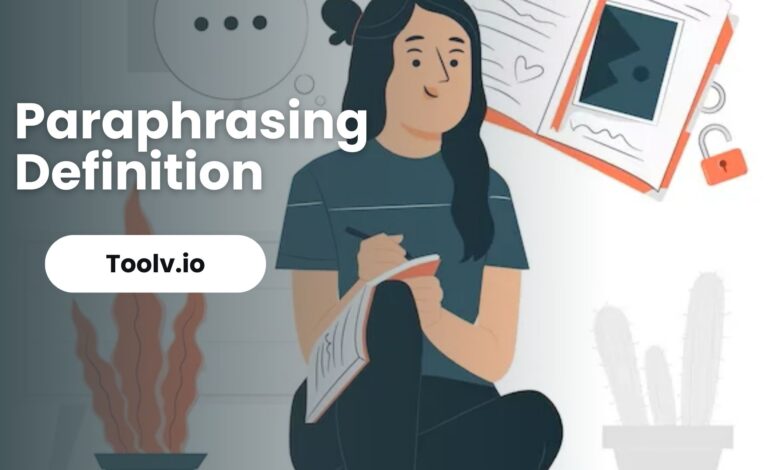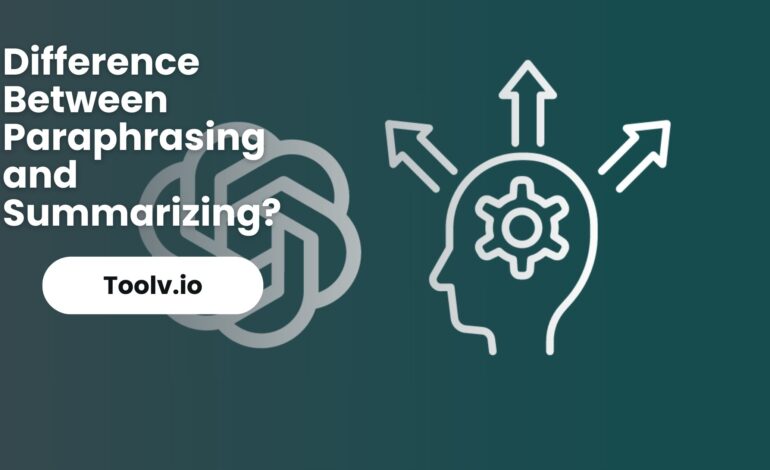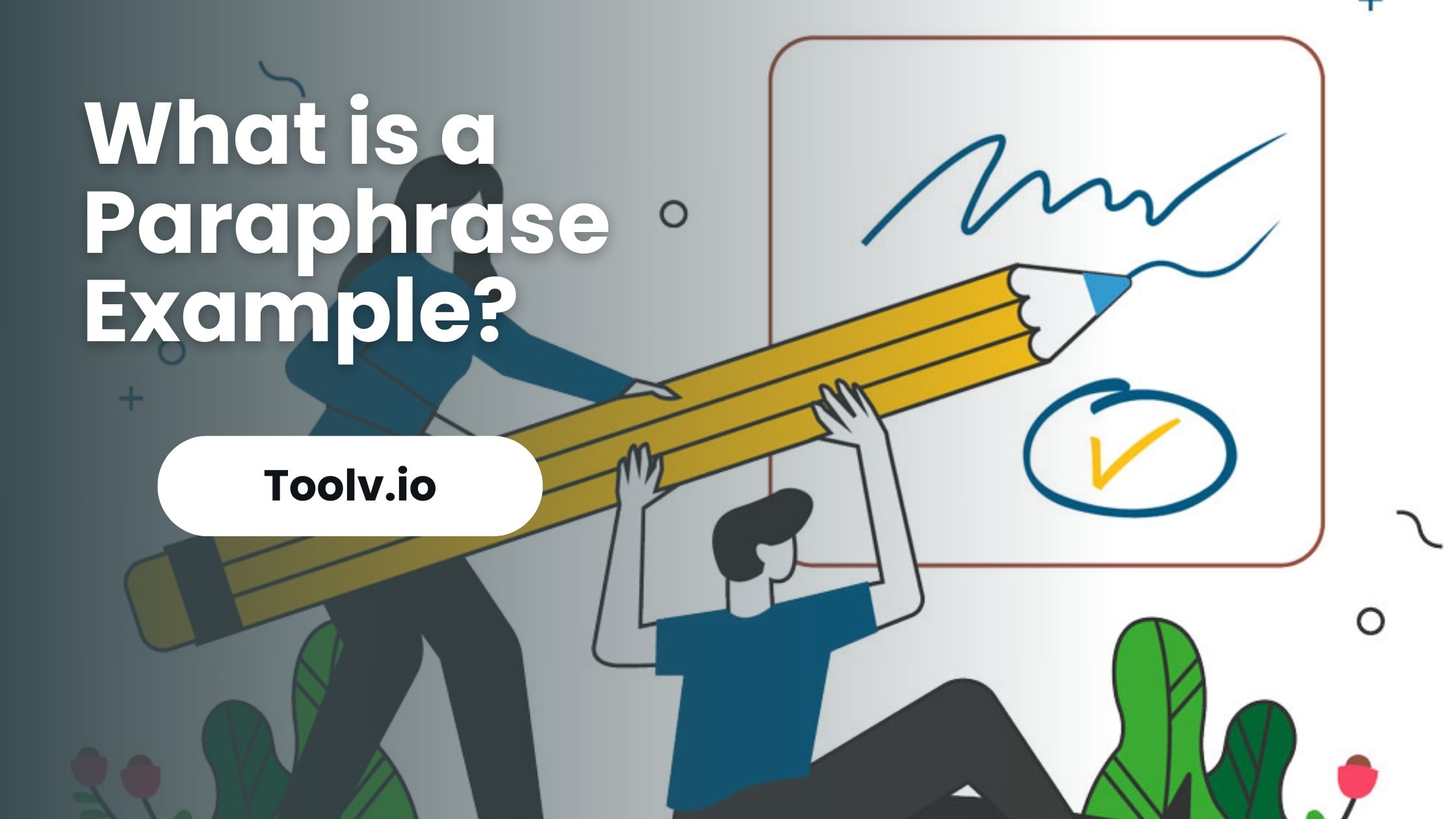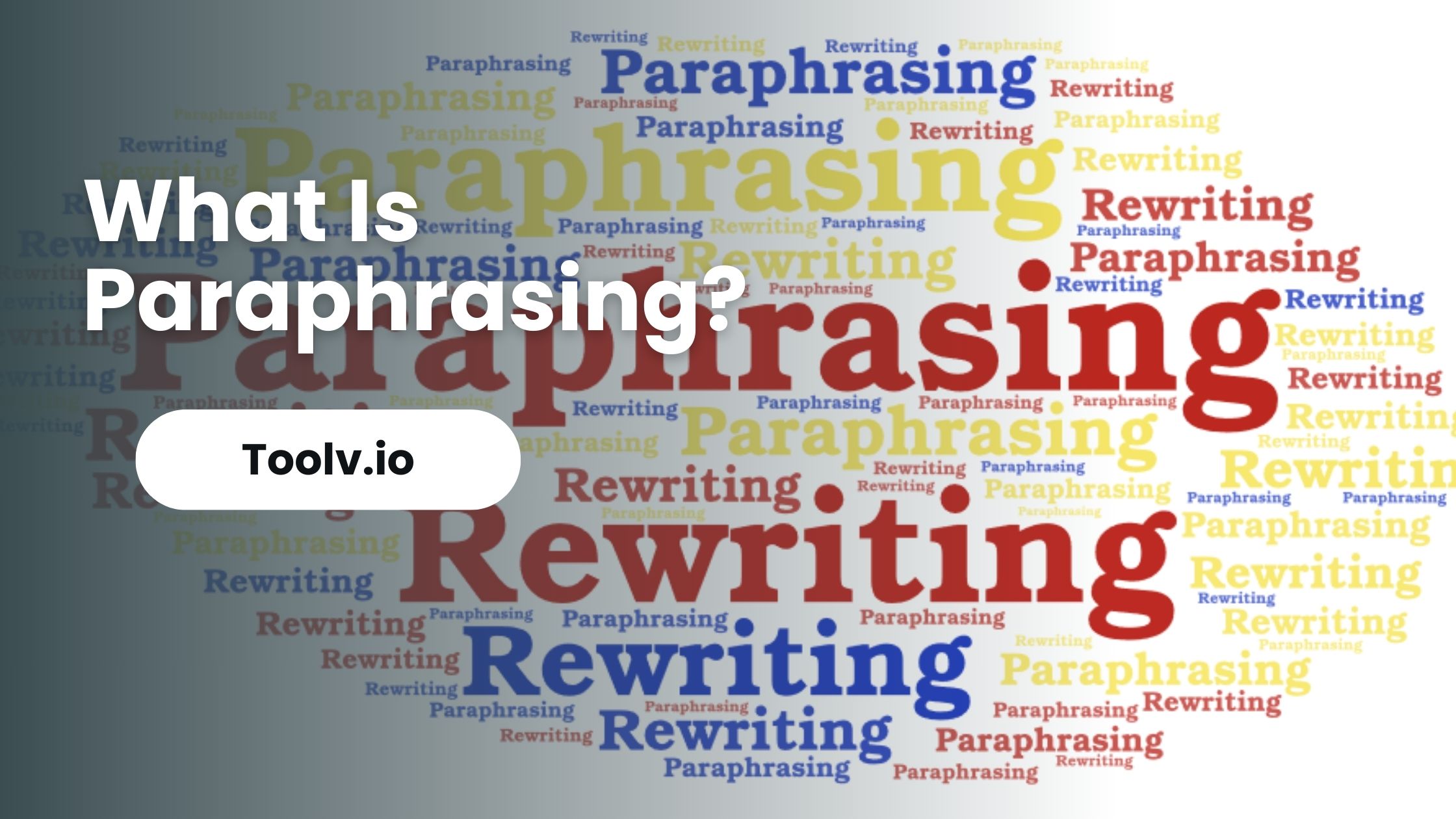Is Paraphrasing Plagiarism?
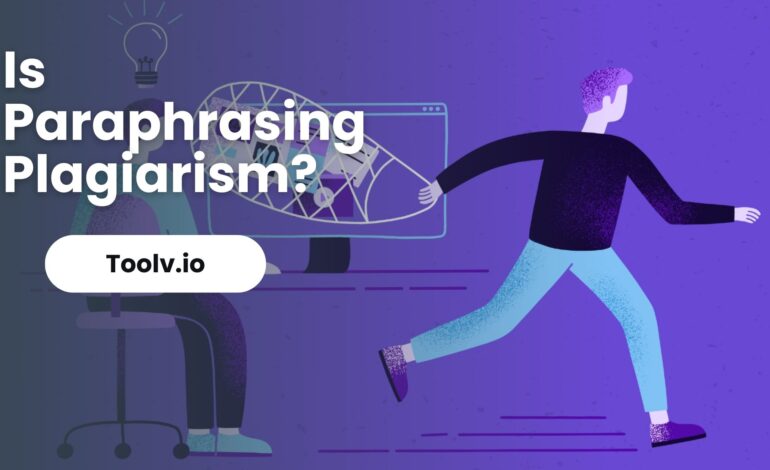
Paraphrasing means rewriting someone else’s ideas or words in your own way. It’s a common method used in writing, but it’s important to do it correctly. If you don’t change the original meaning and give credit to the source, it might be considered plagiarism, which is using someone else’s work without giving them credit.
In this article, we will discuss how to paraphrase properly and avoid plagiarism. We’ll look at what makes paraphrasing different from direct copying and how you can use others’ ideas in your writing safely and ethically.
The Role of Paraphrasing in SEO
Paraphrasing plays a vital role in Search Engine Optimization (SEO). It involves rewording or rephrasing content while keeping the original meaning intact. This technique is crucial for creating unique content that avoids plagiarism.
Unique content is key to ranking higher in search engine results.
When paraphrasing, you freshly present ideas, making your website more appealing to readers and search engines. It’s important for SEO because search engines prefer original and engaging content.
In SEO, using paraphrased content can improve user engagement. This is because content that is easy to read and understand attracts more visitors. More visitors mean better search engine rankings.
Paraphrasing vs. Plagiarism
Paraphrasing involves rewriting someone else’s ideas or text in your own words while maintaining the original meaning. It’s a skill used to show understanding of a source material without copying it verbatim.
When paraphrasing, you must still give credit to the original author, usually through a citation. It’s a legitimate and valuable technique in writing, particularly in research, as it allows you to integrate information from various sources cohesively into your work.
Plagiarism, on the other hand, is using someone else’s work or ideas without proper acknowledgment. It’s considered unethical and a violation of intellectual property rights.
Plagiarism can be as blatant as copying a work word-for-word without citation, or more subtle, like not giving proper credit for your ideas.
In academic and professional settings, plagiarism is a serious offense that can lead to various penalties, including loss of credibility, legal consequences, and academic sanctions.

Challenges and Risks of Paraphrasing in SEO
1. Loss of Original Meaning
One of the main challenges of paraphrasing is the potential to lose the original meaning or intent of the content.
While rewording sentences, the nuances or specific details of the original text might be altered or lost, which can lead to misinformation or a change in the intended message.
2. Over-Reliance on Tools
Many people use automated paraphrasing tools for SEO content creation. However, these tools often lack the sophistication to understand context or nuance, leading to awkward or even incorrect rephrasing.
This can result in content that is difficult to read or understand, negatively affecting user experience and SEO rankings.
3. Quality and Readability Issues
Good paraphrasing requires skill to ensure that the rephrased content is not unique but also maintains high quality and readability.
Poorly paraphrased content can seem disjointed or unnatural, which can deter readers and harm the credibility of the website.
4. Keyword Stuffing Risk
To maintain SEO relevance, there’s a risk of unintentionally stuffing keywords into the paraphrased content.
This practice can lead to penalties from search engines, as they prefer natural, user-friendly content over content that’s optimized solely for search engines.
5. Plagiarism Concerns
Even unintentionally, paraphrasing too closely to the original text can lead to plagiarism.
This is a serious issue in SEO, as search engines can penalize or even blacklist sites with plagiarized content.
Effective Use of Paraphrasing Tools
Effective use of paraphrasing tools is about understanding how to reword text while keeping its original meaning. Paraphrasing tools can help you express ideas in new ways.
This is useful for writing essays or articles. They help avoid plagiarism, which is copying someone else’s work. To use these tools well, first, read and understand the original text. Then, use the tool to change the words.
Make sure the new text still says the same thing as the original. It’s important to check that the paraphrased text is clear and makes sense.
FAQs
What is paraphrasing?
Paraphrasing involves rewording or rephrasing the text or ideas of someone else into your own words. It’s a way to present the same information or ideas without using the exact language used in the source.
Is paraphrasing considered plagiarism?
Paraphrasing can be considered plagiarism if not done correctly. If you paraphrase someone else’s ideas or text without proper attribution, it is a form of plagiarism. Proper paraphrasing involves significantly altering the wording while maintaining the original meaning and citing the source.
Does paraphrasing require citation?
Yes, paraphrasing requires citation. Even if you have rewritten the ideas in your own words, the underlying concept or information still belongs to the original author. Citing the source acknowledges their contribution and avoids plagiarism.
Conclusion
Paraphrasing can be considered plagiarism if the original idea is not credited and the wording is too similar. It’s essential to use your own expression while maintaining the original message.
Toolv.io‘s paraphrasing tool helps to rephrase text effectively, ensuring the content remains unique and original. This assists in avoiding plagiarism while retaining the core meaning of the original text.
For more information about how to convert text to speech, click our how to convert text to speech post. For free text to speech tools click on our free text to speech tool post.

